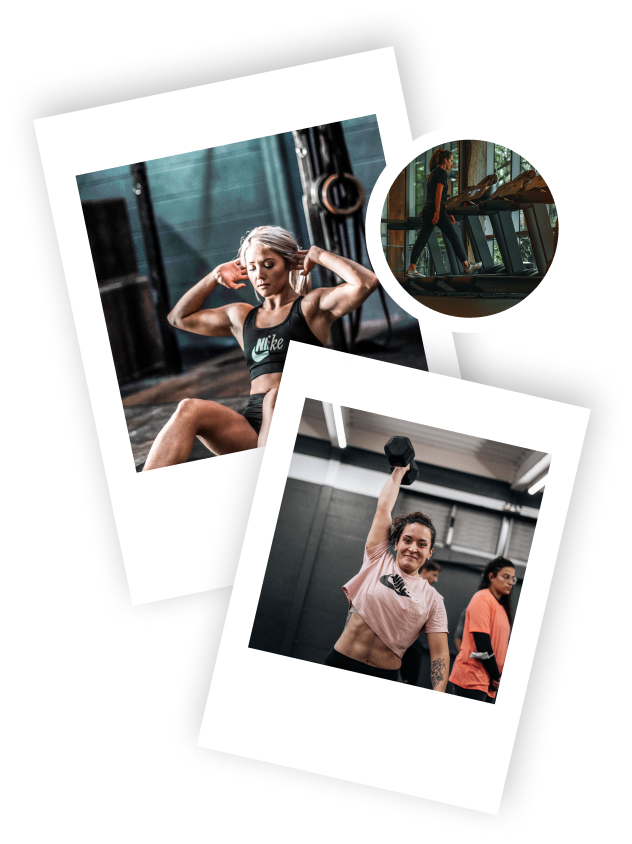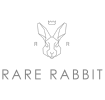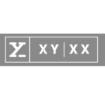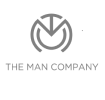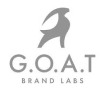Problem Statement
The fitness industry has experienced significant growth in the digital space in recent years, with the rise of stay-at-home workouts due to the pandemic. As a result, many businesses offering online workout classes, equipment, and personal training have seen a surge in demand. The convenience and flexibility of at-home workouts have made them increasingly popular among fitness enthusiasts, leading to a boom in the digital fitness industry.
Due to the high average purchase cost and the customer’s requirement for live demos before making such a crucial purchase – as gym equipment tends to last for a long time – brands offering cutting-edge fitness equipment struggle to convert visitors to customers.
The identical problem existed for the D2C personal fitness equipment brand Flexnest. In order to build rapport and establish confidence with their prospective clients, they felt the need to offer virtual demos that closely resemble those of actual demos.
Additionally, in order to deliver tailored experiences and boost customer engagement, the company needed to connect with consumers through omnichannel marketing. The brand was missing out on various marketing opportunities and capabilities since there were only a few active communication flows that were restricted to WhatsApp only. To overcome these obstacles and boost client engagement and conversion rates, the brand had to establish an integrated strategy for offering live demos and streamlining its marketing initiatives.


